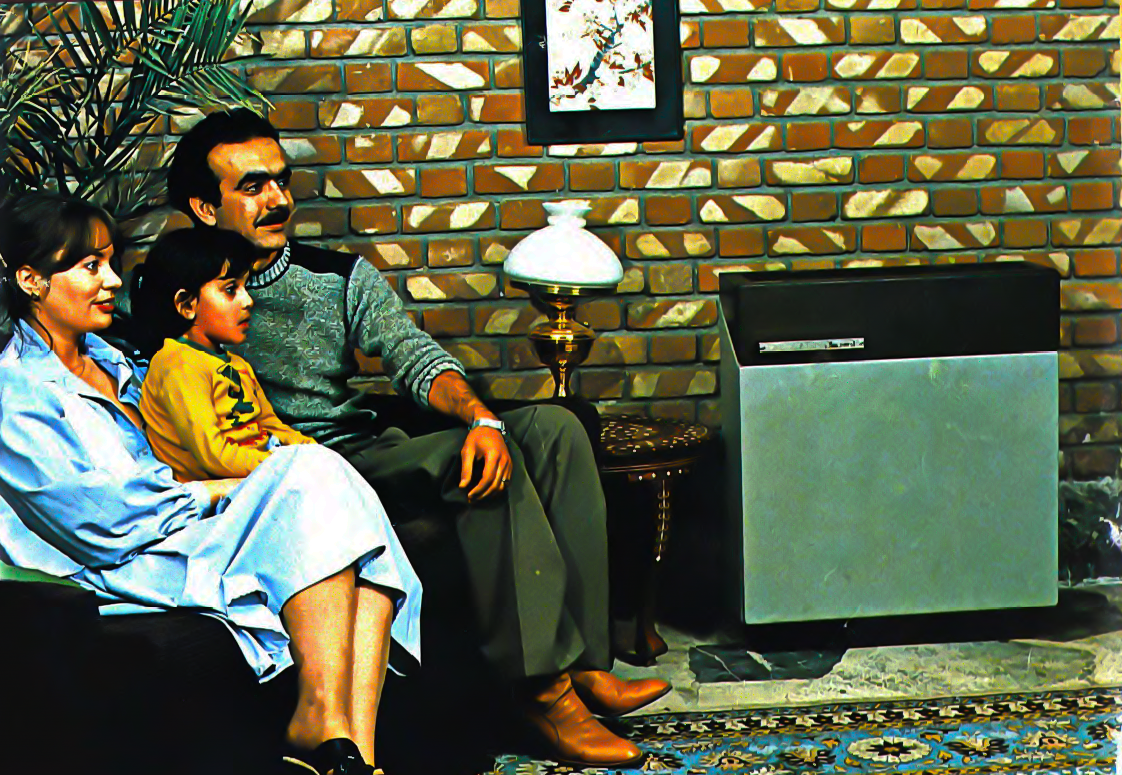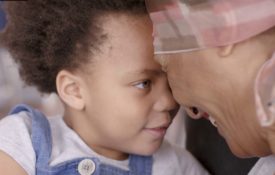-
How Culture Affects the ‘Marshmallow Test’
In 2017 my family and I moved from Boulder, Colo., to live in Kyoto, Japan. My kids immediately noticed many cultural differences. Japanese homes typically do not have central heating, for one. We arrived during
-

Complexities and Lessons in Researching Culture-Specific Experiences
Gheirat exemplifies a complex, culture-specific experience that requires using culturally sensitive research practices to investigate. Explore these case-specific ideas and solutions for researching phenomena from little-understood and/or studied phenomena.
-
People in the U.S. Think They Are Better Than They Actually Are. People in Asia Don’t
How competent are you, compared with your colleagues? When psychologists approach teams of coworkers with variations of this question, an interesting pattern emerges. If people have a truly realistic perspective of their abilities, then their
-

Silver Linings in the Demographic Revolution
Podcast: In her final column as APS President, Alison Gopnik makes the case for more effectively and creatively caring for vulnerable humans at either end of life.
-

Communicating Psychological Science: The Lifelong Consequences of Early Language Skills
“When families are informed about the importance of conversational interaction and are provided training, they become active communicators and directly contribute to reducing the word gap (Leung et al., 2020).”
-

New Content From Current Directions in Psychological Science
A sample of articles on the role of phenomenological control in experience, the positive impact of social connectedness, contextualizing empathy, and much more.

